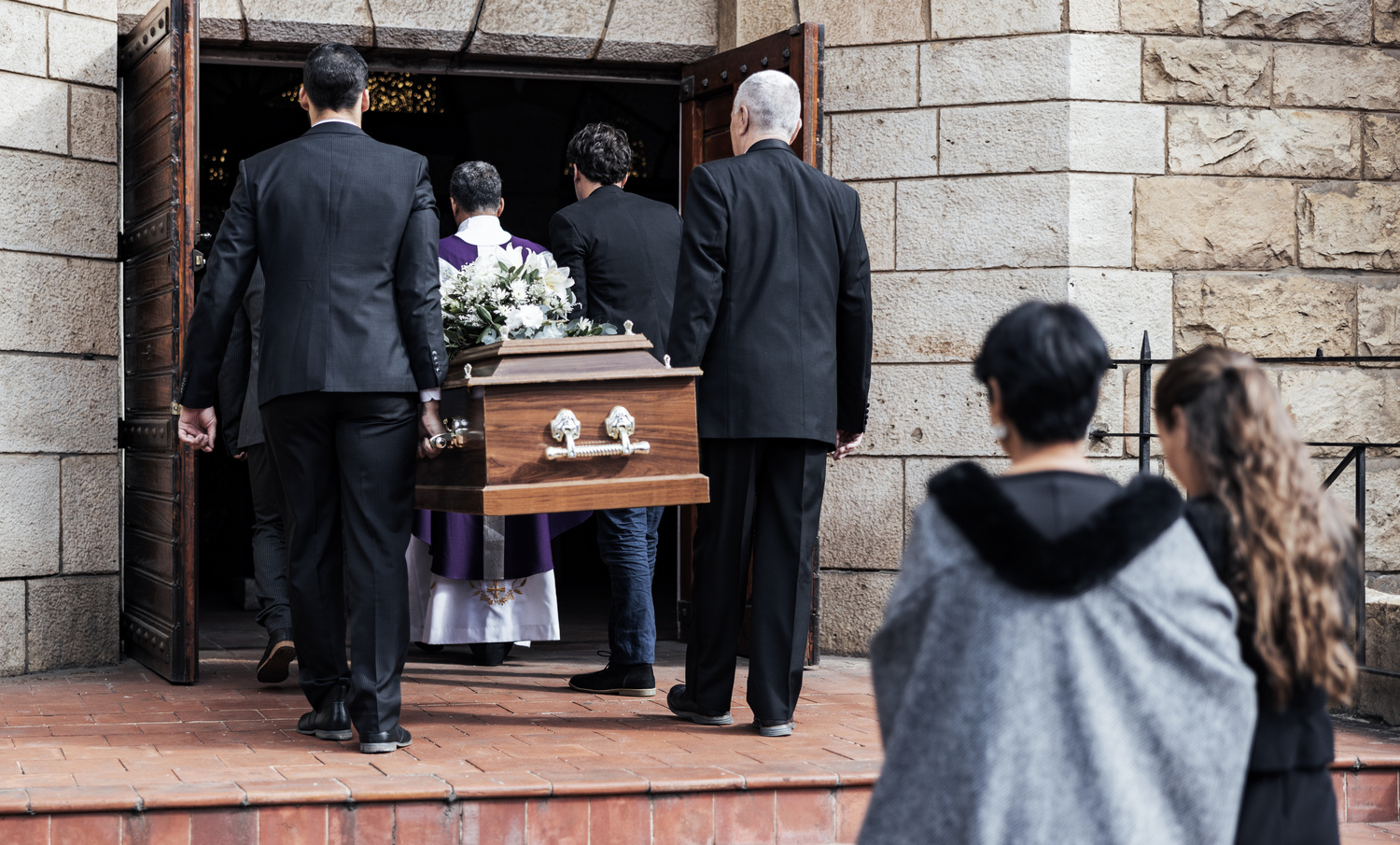In case the deceased person was not under hospice care, it is necessary to immediately inform the police. The police will then visit the house, and get in touch with the coroner/medical examiner. The coroner/medical examiner will take the body and determine if any further action is required. It is important to note that the body can only be handled by a funeral home once it has been released by the coroner/medical examiner.
However, if the deceased person was under hospice care, the hospice representative should be notified, and they will inform the family members of the appropriate procedures to follow.


